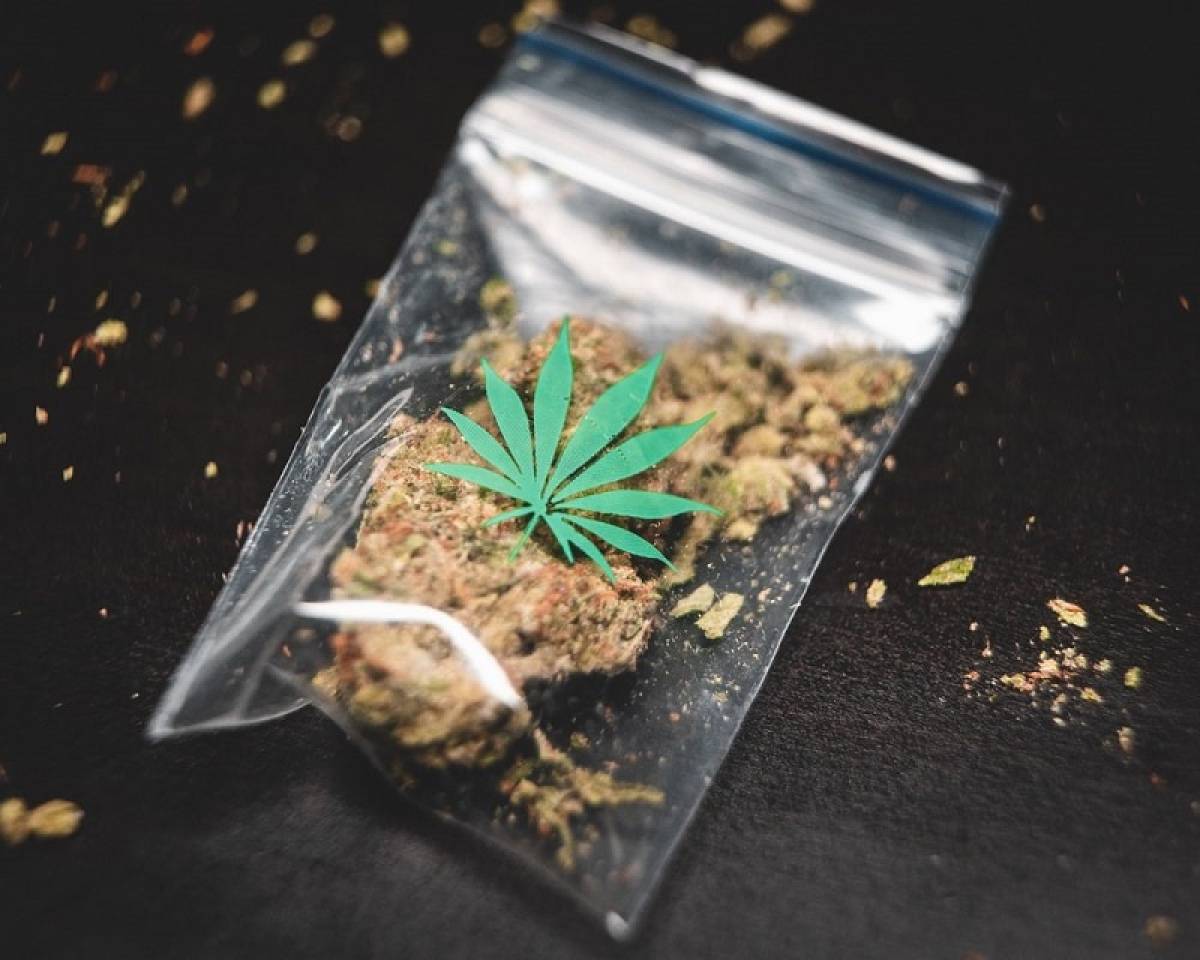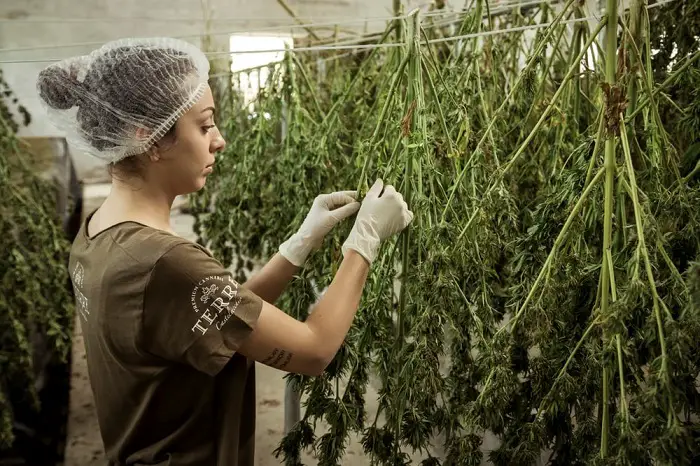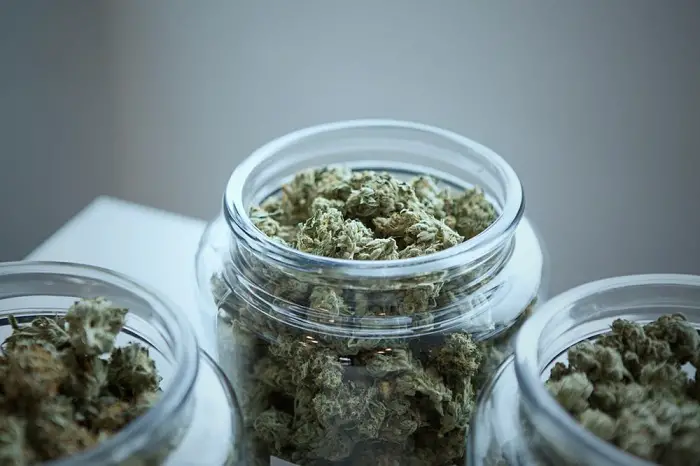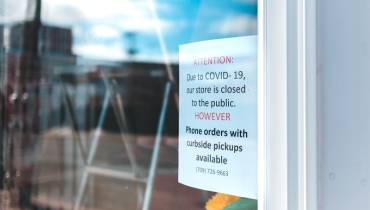When Is CBD Legal and When Isn't It?

Looking to enter the cannabis industry, or maybe start using cannabis products?
The question concerning cannabidiol (CBD), a non-intoxicating chemical in the cannabis plant, is when it is legal and when is it not.
The issue of the legality of CBD in the US and other countries remains a grey area due to the convoluted laws that look into the whole affair.
The cannabis law
The first-ever approval of a marijuana-derived pharmaceutical drug by the US Food and Drug Authority (FDA) was on June 25, 2018, when it approved Epidiolex, which is derived from cannabidiol (CBD). Epidiolex got the green light for the treatment of two rare pediatric seizure disorders, namely Dravet syndrome and Lennox-Gastaut syndrome.
The Drug Enforcement Administration (DEA), on September 27, 2018, communicated its scheduling of Epidiolex in Schedule V of the Controlled Substances Act. The same scheduling applied to other future CBD-containing drugs with tetrahydrocannabinol not exceeding 0.1 percent.
The two events are some key historical milestones in the journey of CBD as a source of textile and medications in the nineteenth century to an illegal drug and currently an FDA-approved drug.
However, even with the rapidly-increasing popularity and use of CBD and the enactment of laws to regulate it in the US as well as approval and listing of Epidiolex, its legal status is still confusing.

Cannabis drying Ph. Image by Andrea Porziella/Unsplash
Determining factor for the legality of CBD
When it comes to the legal status of CBD, its source is the main determining factor. There are two plants from which CBD can be derived: the hemp and marijuana plants. Despite the two plants being very close relatives, their classification under the law is quite different. It is therefore vital to understand their legal classification to use CBD within the confines of the law.
Speaking of the use of CBD, besides observing the legal provisions, you need to ensure that you buy only quality products, and this is only possible when buying from trusted vendors like Berkshire CBD.
Hemp vs. Marijuana on legality
Hemp and marijuana are under the cannabis genus when it comes to biological classification. Both plants can produce CBD. Since they belong to the same family, the two have many things in common when analyzed visually.
However, as far as chemical composition is concerned, the two plants have significant differences in the amount of tetrahydrocannabinol (THC) that they contain. THC is the intoxicating compound or chemical responsible for the high feeling found in cannabis.
On producing THC, hemp produces an almost negligible amount of THC (0.3%), but marijuana produces the compound in abundance and can be as high as 30%. Due to the high THC content, the consumption of marijuana could stimulate mind-altering effects. It is for this reason that marijuana is federally illegal in the US and so many other nations.
So, is hemp-derived CBD legal? Well, it is legal, but only if it is produced as per the provisions of the law. The enactment of the Agricultural Improvement Act of 2018 (the 2018 Farm Bill) reclassified hemp as an 'agricultural commodity,' removing it from schedule 1.
However, for the avoidance of confusion on the legalization of CBD, be it from hemp or marijuana by the 2018 Farm Bill, the guidance of DEA is that CBD is a schedule 1 substance and it is illegal.

Clear glass jar with green cannabis. Image by Budding/Unsplash.
The requirement for CBD to be considered legal
CBD is legal and removed from Schedule 1 substances if it is derived from hemp and observes the regulations set by the new farm bill. The regulations are:
- The THC content in the CBD must not be more than 0.3%
- The hemp must observe the shared state-federal regulations
- ·The hemp must be produced by a licensed grower
Furthermore, the 2018 Farm Bill also removed the prohibition on the sale, transportation, and possession of products from hemp-derived CBD. The products could henceforth be transported across state lines provided that they adhere to the above regulations.
Conclusion
So, when is CBD legal and when is it illegal? It depends on whether the CBD is derived from the marijuana or hemp plant. Hemp-derived CBD is permitted if it adheres to the new farm bill regulations. Marijuana-derived CBD is illegal in some states in the US. Still, in those where marijuana is allowed for recreation and medicinal use like in Colorado and California, marijuana-derived CBD is automatically legal.
Before using CBD products, it is critical to find out the legality and level of restriction of CBD in your jurisdiction since they vary from one state or country to another. You also need to seek your physician's advice to avoid CBD’s interaction with other drugs or any other issues.




















